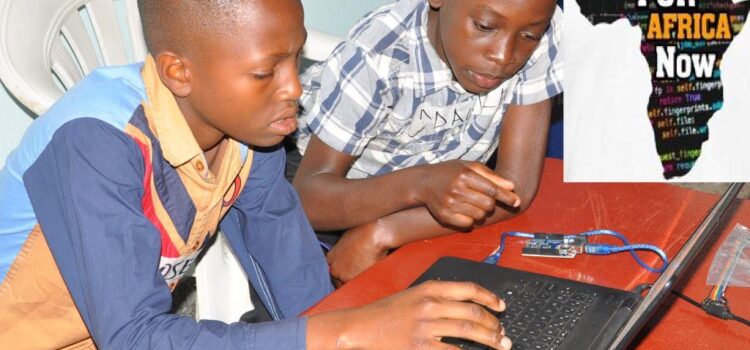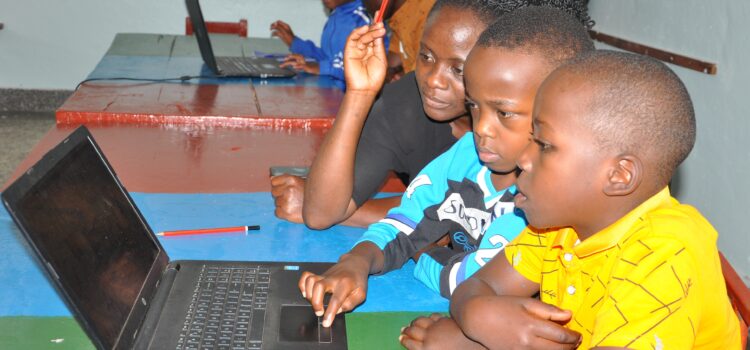In the vast and diverse landscapes of Africa, a remarkable innovation odyssey is underway, propelled by the adoption and integration of emerging technologies. The Fourth Industrial Revolution has ushered in a wave of transformative tools, and across the continent, tech hubs are buzzing with creativity and ingenuity.
One of the standout players in this innovation symphony is artificial intelligence (AI). In sectors ranging from agriculture to healthcare, AI is proving to be a catalyst for profound change. Take, for instance, the agricultural landscape where precision farming powered by AI is optimizing crop yields, conserving resources, and bolstering food security. This isn’t merely a technological leap; it’s a paradigm shift in how Africa approaches age-old challenges, creating a more sustainable and efficient future for farming communities.
Blockchain technology is another beacon of innovation, particularly in the realm of finance. Across African economies, blockchain is fostering financial inclusion by providing secure and transparent platforms for transactions. Start-ups are harnessing the decentralized nature of blockchain to create accessible financial services, empowering individuals who were previously excluded from traditional banking systems.
The Internet of Things (IoT) is threading its way through the fabric of urban planning and healthcare in African cities. Smart cities are emerging, equipped with interconnected systems that enhance efficiency and improve the quality of life for residents. In healthcare, IoT devices are revolutionizing patient care and monitoring, especially in remote areas where access to healthcare services has historically been a challenge.
The beauty of Africa’s innovation odyssey lies not just in the adoption of these technologies but in the adaptation to local needs. Solutions are not imported; they are homegrown, developed to address the unique challenges faced by African communities. This organic approach ensures that technology becomes a tool for empowerment, directly impacting people’s lives.
However, with great promise comes the responsibility of ethical deployment. As Africa embraces these technologies, there is a concerted effort to ensure that innovation is not just for its own sake but is guided by principles that prioritize inclusivity, transparency, and ethical considerations. The tech renaissance in Africa is not about racing to the future but about crafting a future that is sustainable, equitable, and beneficial for all.
In this innovation odyssey, collaboration is a key theme. Partnerships between governments, private enterprises, and local communities are fostering an ecosystem where ideas flourish and find real-world applications. Africa’s tech renaissance is not just a testament to its technological prowess but a demonstration of the power of collaborative, community-driven innovation.







Recent Comment
Governance in the Fourth Industrial Revolution: A Balancing Act
Digital Literacy: Empowering the Future in Africa